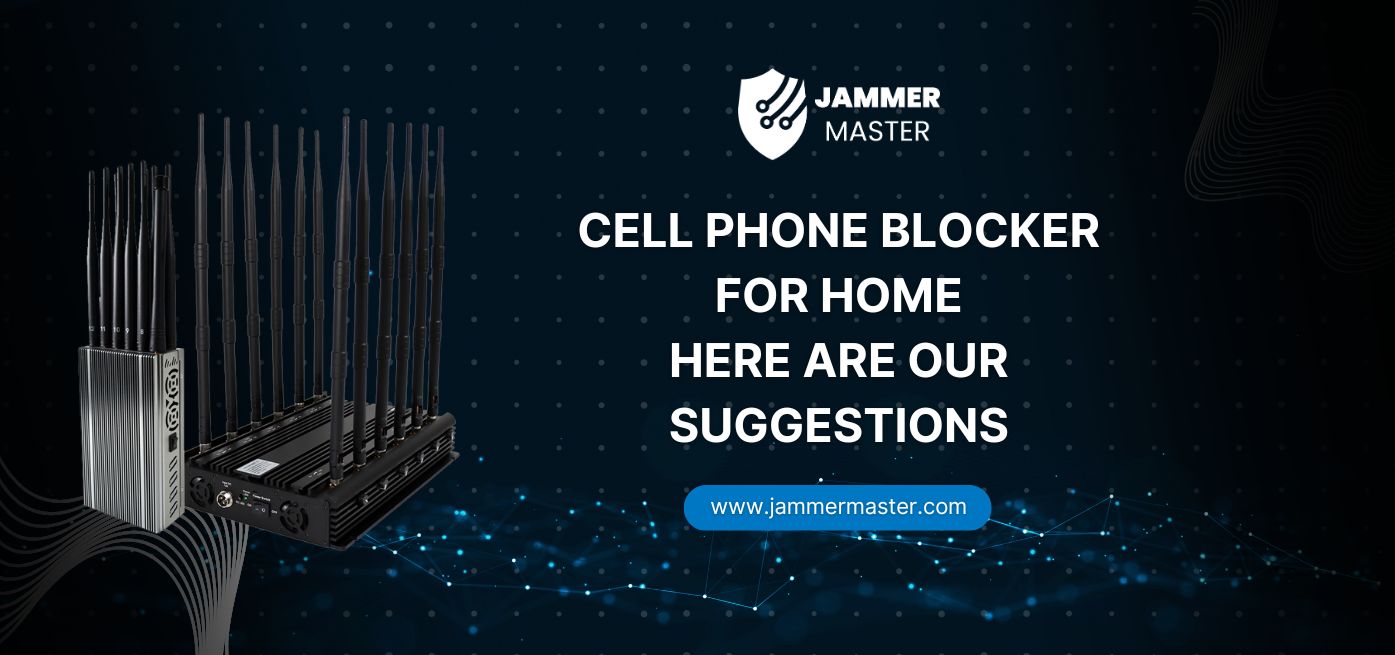
How to Build a GPS Jammer at Your Home
Here’s a step by step guide on how to build your own GPS jammer. Below are the main steps we are going to introduce in

Mobile signal blockers, also known as signal jammers or signal disruptors, are devices that interfere with mobile phone signals. However, many customers have various questions and concerns when it comes to purchasing and using these devices. This article aims to provide clarity on some common queries regarding mobile signal blockers, including their potential health effects, impact on signal display, and device performance.
Most mobile signal blockers, commonly used for disrupting mobile phone signals, do not pose a threat to human health. Radiation can generally be classified into two types: ionizing radiation and non-ionizing radiation. Ionizing radiation, such as X-rays or nuclear radiation, can be harmful to the human body but is encountered less frequently in daily life. Non-ionizing radiation, on the other hand, includes electromagnetic radiation generated by common household appliances and falls within the category of everyday exposure. Therefore, the use of regular mobile signal blockers does not pose a significant risk to human health.
Some customers may encounter a situation where their phone continues to display signal bars even after activating a signal blocker. This occurs because although the phone remains connected to the base station and can receive signals, the strength of the signal is insufficient for normal phone calls or internet usage. The signal bars displayed on the phone are misleading, and attempting to make a call or access data will reveal the absence of a signal. Consequently, the signal bars on the phone will disappear.
It is normal for the casing of a mobile signal blocker to become warm after a period of use. Like most electronic devices, continuous operation generates heat, which accumulates and causes the surface of the device to warm up. As long as the temperature remains within the device’s tolerance limits, it will not cause any damage, and the device will continue to function normally. Additionally, many mobile signal blockers are equipped with cooling fans to ensure stable operation over extended periods, reduce the risk of malfunctions, and enhance their lifespan.
Generally, mobile signal blockers do not interfere with the normal operation of other devices. The electromagnetic signals emitted by signal blockers are within the internationally regulated frequency bands used by mobile phones. They only disrupt the corresponding communication frequencies of mobile phones. As long as the working frequencies of other devices are different from those of the mobile signal blocker, they should not be affected.
Understanding the basics of mobile signal blockers is essential for customers considering their purchase and use. This article has addressed common concerns regarding health effects, signal display, and device performance. By clarifying these aspects, individuals can make informed decisions about the use of mobile signal blockers without compromising their own safety or the functionality of other devices.
Our frequency checker tool will help you check all frequency bands used in all country.

Here’s a step by step guide on how to build your own GPS jammer. Below are the main steps we are going to introduce in

In today’s digital age, our lives are more connected than ever before. We rely on our smartphones for communication, entertainment, and information. However, with this

Signal jammers are devices that deliberately transmit signals on the same frequencies as telecommunications and GPS devices, such as mobile phones, GPS trackers, and even

Understanding Signal Blocker: How It Works and Its Applications Signal Blockers are devices that can disrupt mobile phone signals, preventing them from connecting to base

The Application and Benefits of High-Power Signal Jammers Enhancing Signal Blocking Efficiency in Various Environments In today’s technologically advanced world, the need for effective signal

Considerations for Purchasing Exam Room Signal Jammers Ensuring Effective Signal Jamming for Exam Integrity As the year approaches its end, many schools are preparing for

The Importance of Monitoring and Signal Interference Measures During Examinations During examination periods, it is crucial to closely monitor the examination venues and their surrounding

Selecting the Appropriate Cell Phone Jammer for Theaters and Auditoriums Overcoming Challenges in Installation and Maximizing Signal Disruption The Importance of Cell Phone Jamming in

Remote Control of Cell Phone Jammers via Smartphone: A Possibility? With the rapid development of the Internet of Things (IoT), numerous smart home devices have

Supplying high quality signal jamming devices since 2010. The only jammer store you can trust.
Jammer Master © 2024. Premium Signal Jammer Supplier Since 2010.